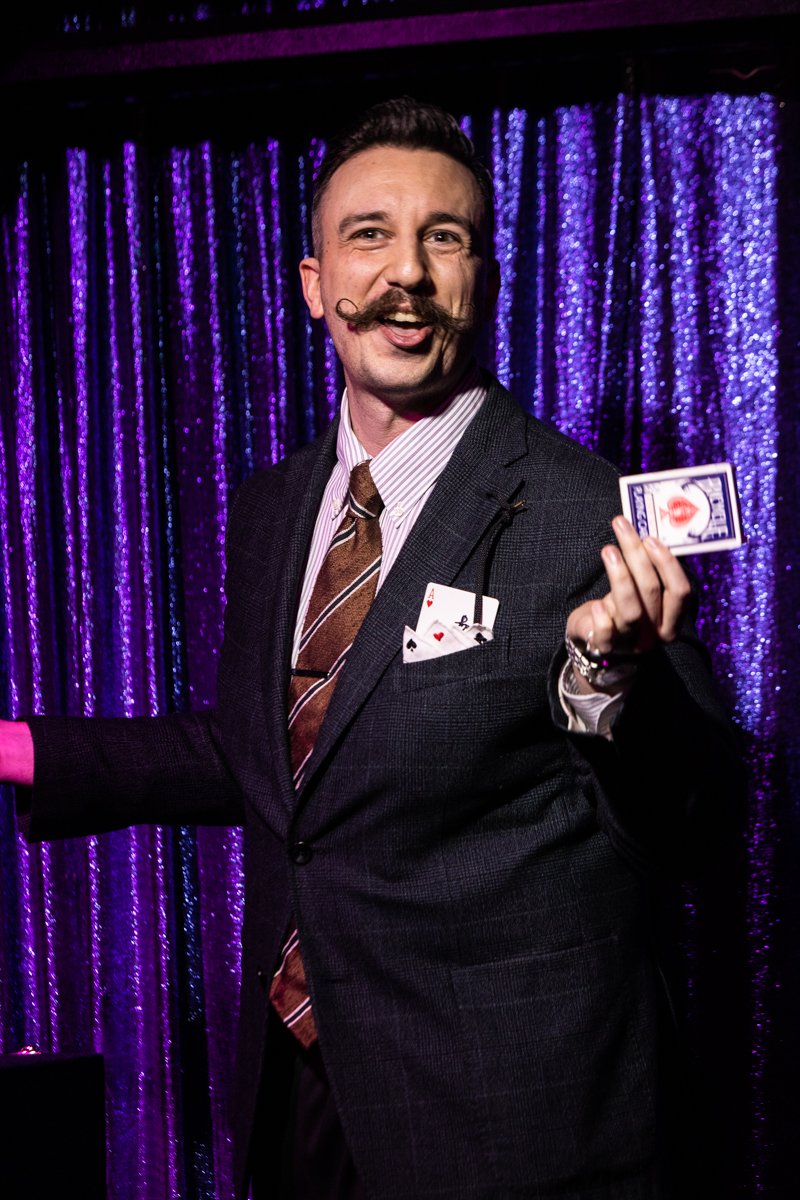The Psychological Impact of Magic on Audiences
Magic, an art form as ancient as it is captivating, holds the power to mystify and entertain audiences around the world. Beyond the sleight of hand and illusions, magic performances wield a profound influence on human psychology, affecting perception, mood, and social interactions. This article delves into the psychological studies that explore these effects, revealing the deeper impact of magic on the audience.
Altering Perception
Magic tricks often rely on misdirection, leading audiences to perceive something that isn't there or overlook something that is. Psychological studies have shown that this deliberate manipulation of attention can have lasting effects on an audience's perceptual processes. By challenging the brain's expectations, magic can enhance cognitive flexibility, encouraging viewers to question their assumptions and be more open to new perspectives.
Mood Enhancement
The wonder and surprise elicited by magic performances are known to boost mood and overall happiness. Watching a magic trick unfold triggers a release of dopamine, the brain's feel-good neurotransmitter. This emotional uplift is not just fleeting; it can contribute to a more positive outlook and increased satisfaction, especially in settings like hospitals, where magicians often perform to uplift patients.
Social Cohesion
Magic has the unique ability to bring people together, fostering a sense of community and shared experience. During a performance, audiences collectively experience wonder, confusion, and eventually, the joy of resolution. This shared emotional journey can strengthen social bonds and enhance group cohesion. Psychological research suggests that shared experiences of awe, such as those provided by magic shows, can increase social connectivity and altruism within groups.
Enhancing Critical Thinking
While magic delights with its illusions, it also serves as an exercise in critical thinking and skepticism. Audiences are naturally driven to figure out how a trick is done, engaging in problem-solving and analytical thinking. This curiosity can promote a healthy skepticism, encouraging individuals to question and critically evaluate the information presented to them, a skill valuable beyond the context of the magic show.
Therapeutic Benefits
The therapeutic benefits of magic should not be underestimated. Participating in magic tricks or learning the art of illusion can be particularly beneficial for individuals recovering from physical injuries or dealing with psychological challenges. Magic requires fine motor skills, concentration, and practice, making it an engaging form of physical and mental rehabilitation.
Conclusion
Magic's appeal lies not only in its ability to entertain but also in its profound psychological impact on audiences. By altering perception, enhancing mood, fostering social cohesion, encouraging critical thinking, and offering therapeutic benefits, magic performances contribute to a deeper, more meaningful engagement with the world. As psychological studies continue to reveal, the true magic of a performance may well lie in its lasting impact on the mind and heart.
Have an upcoming event?
Want to ensure your event is unforgettable? Look no further than magician Jeff Black.
Book now to guarantee a specially tailored experience that will leave your guests in awe.
Check out my Party Slate Profile.




